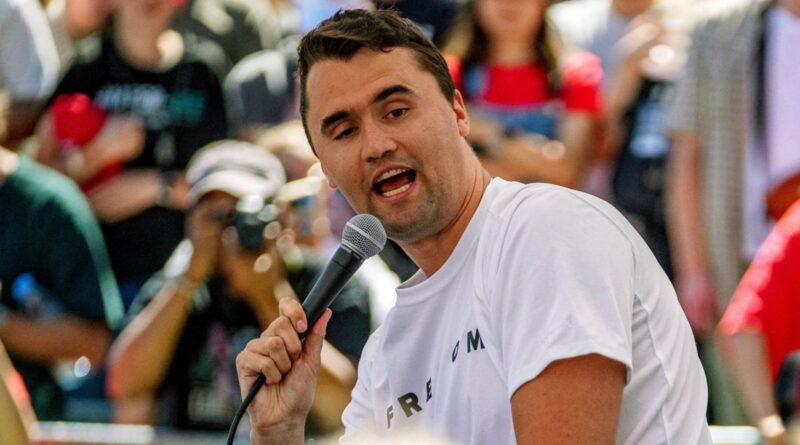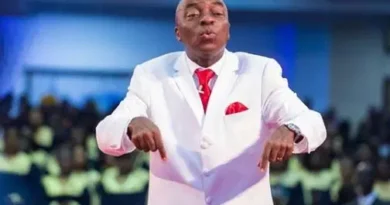Charlie Kirk’s Assassination Sparks Mixed Reactions Among Nigerians
 Charlie Kirk’s Assassination Sparks Mixed Reactions Among Nigerians
Charlie Kirk’s Assassination Sparks Mixed Reactions Among Nigerians
The assassination of American conservative activist Charlie Kirk has ignited sharp divisions among Nigerians, especially within the Christian community.
Kirk, 31, was shot dead on September 10 while speaking at Utah Valley University in Orem, Utah. He was addressing mass shootings in the United States when a gunman, identified as Tyler Robinson, fired at him. The event was part of his comeback debate tour organized by Turning Point USA, the conservative group he co-founded.
Known for his controversial views on race, religion and politics, Kirk frequently courted criticism. In one video, he admitted mistrust when seeing a Black pilot. In another, he labelled Islam, Marxism and “wokeism” as threats to Christianity and Western civilization. His rhetoric earned him both loyal followers and fierce critics.
In Nigeria, his death sparked emotional tributes from several church leaders and gospel musicians. Nathaniel Bassey mourned Kirk on Instagram, describing his death as painful. Victoria Orenze called him a “true soldier of Christ” and urged Christians to see his killing as proof of spiritual warfare. Pastor Blessed Uzochikwa praised Kirk’s convictions and described the attack as “gruesome and heartbreaking.”
But not all Nigerians shared in the mourning. Critics accused church leaders of hypocrisy, noting their silence on recurring violence in Nigeria while openly grieving for an American figure accused of spreading racism. Some pointed to a double standard, asking why victims of attacks by terrorists and bandits at home rarely receive such public outpourings.
ALSO READ: MFM Devotional 22 September 2025 – The Faith That Cannot Fail
Reactions also spilled beyond the church. George Abaraonye, a British-Nigerian and president-elect of the Oxford Union, faced backlash after mocking Kirk’s death online. Oxford Union officials distanced themselves from his remarks, condemning political violence.
Social media amplified the debate. Writer Ikhide Ikheloa called Kirk a product of “white American privilege,” describing him as a bigot who profited from hate. Yet, he still condemned the killing, insisting no one deserved to die by violence. Others echoed similar sentiments, stressing that disagreement with Kirk’s ideology should not justify celebrating his murder.
Meanwhile, critics like Onyinyechi Blossom on TikTok accused Nigerian Christians of endorsing white supremacy by eulogizing Kirk. She argued that their admiration reflected a “love of proximity to whiteness.”
On X, Nigerian doctors, writers and ordinary users expressed outrage at what they described as misplaced priorities by pastors. Many accused church leaders of seeking Western validation while ignoring the plight of persecuted Christians and other victims of violence within Nigeria.
Charlie Kirk’s assassination has therefore left a polarizing legacy in Nigeria. To some, he was a martyr for Christian values. To others, he symbolized racial division and hypocrisy. What remains clear is that his death has forced Nigerians to confront uncomfortable questions about faith, loyalty and selective empathy.
Content Credit: Moyosola Oni
Image Credit: Google .Com




